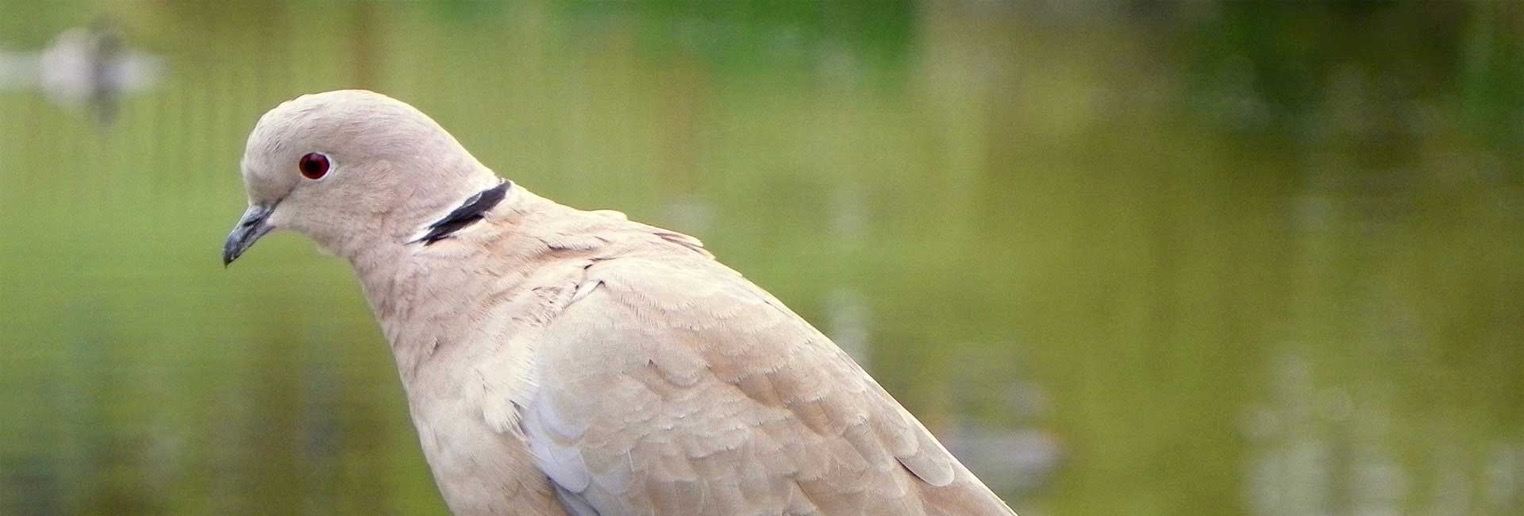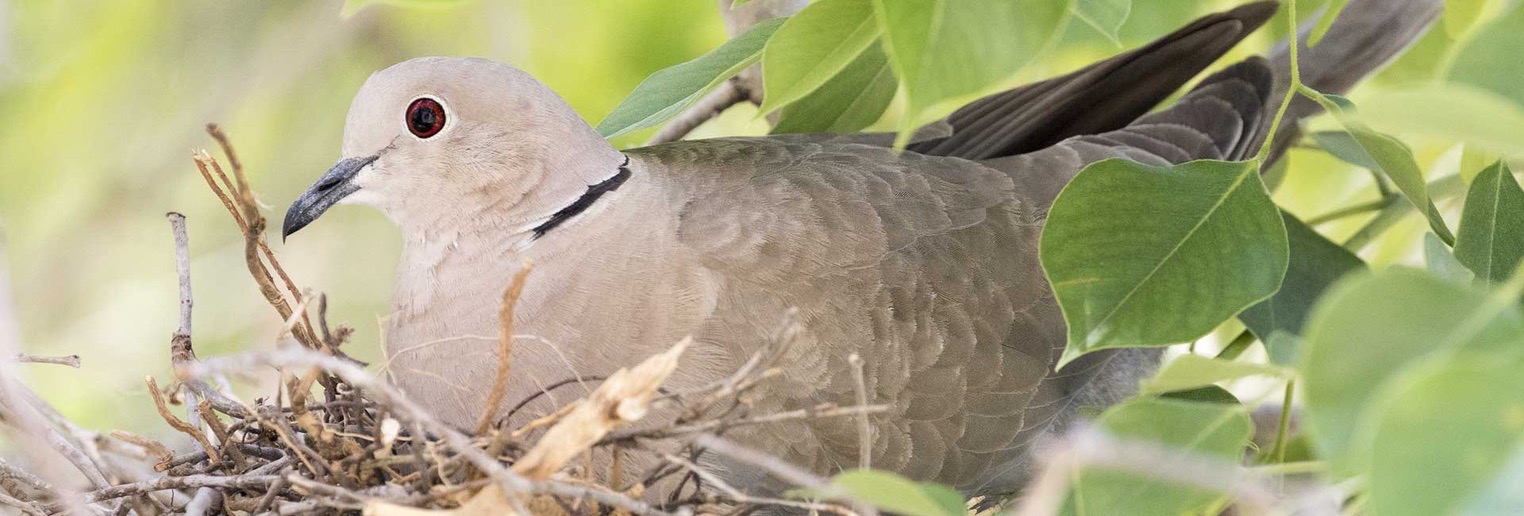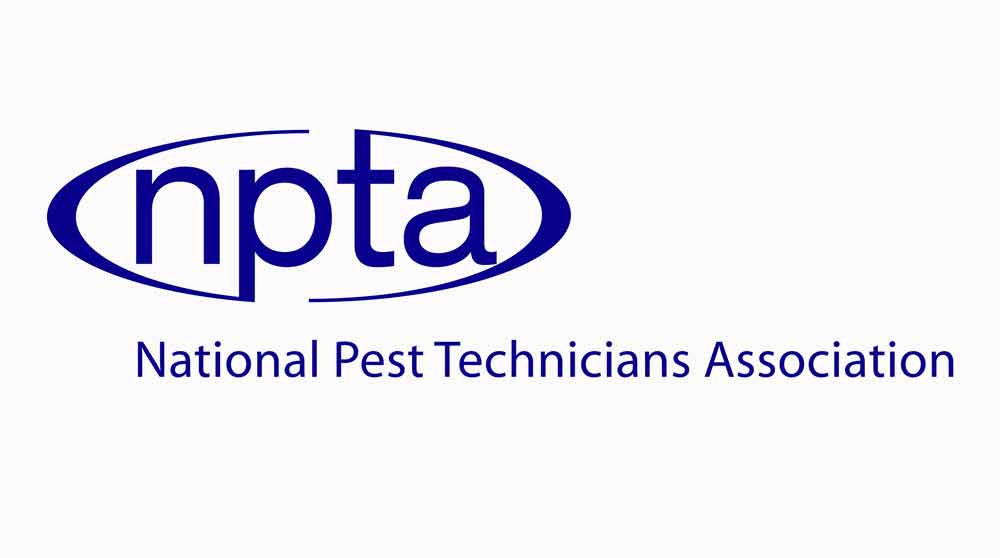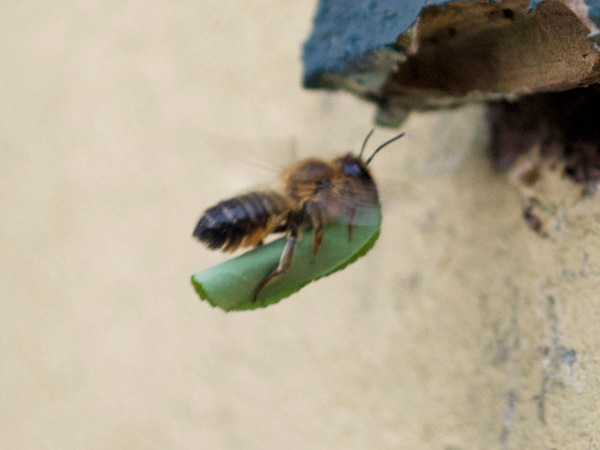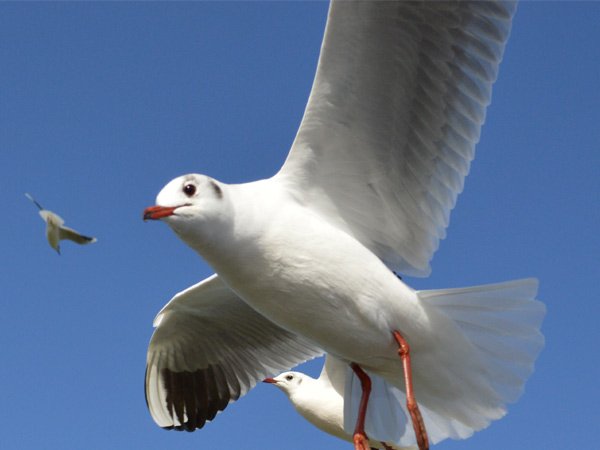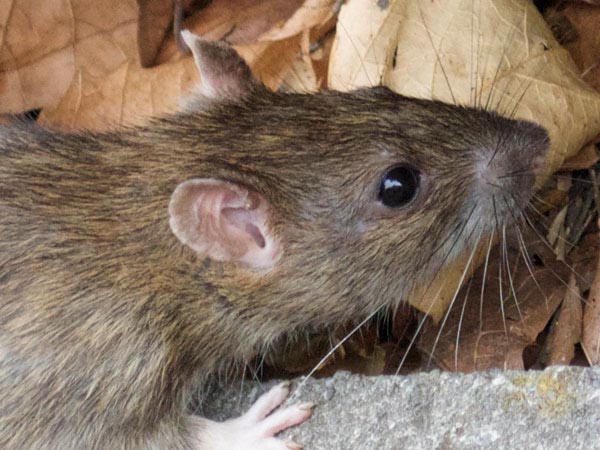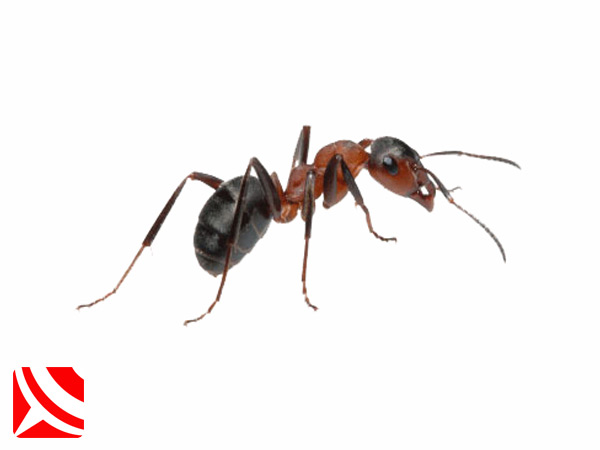Solve Dove Problems Today : 0117 303 5181
Collared Doves (Streptopelia decaocto):
What Are House Collared Doves?
Collared doves are sandy coloured birds seen throughout the year and have a distinctive black collar on the nape of its neck. Similar birds include the Turtle dove and Feral pigeon.
Collared doves are a designated RSPB green status bird. This designation means they are abundant and not in any immediate danger of population collapse. In the UK there are estimated to be, close to a million breeding pairs.
Doves are seen alone, but more usually, the doves live in pairs. The doves are a common sight in urban gardens, around farm buildings and anywhere else that grains and seeds are freely available.
For this reason, the doves are often found nesting in areas close to livestock and buildings where droppings can be both a nuisance and a severe disease risk.
Disease risk is one reason why these birds are considered a pest requiring lethal control and physical exclusion.
Where Did Collared Doves Come From?
The Eurasian Collared Dove arrived in the UK during the 1950's when birds moved from the Middle East, through Europe and into England. In some quaters, these birds are considered to be an invasive species
Since arriving in Britain, these doves have found our climate and food availability to their liking and are now an abundant bird species that can become a nuisance around agricultural buildings and grain crops.
House Sparrows: key facts:
> Legal Population Status - Designated an RSPB Green Status species
> Colour - Sandy-grey with a pinkish flush on head and underparts.
> Wingspan - 47 - 55cm.
> Flight Speed - up to 37mph.
> Shape - Medium sized dove.
> Size - Around 32cm (13 inches).
> Weight (Mass) - 120-240g.
> Legs - Reddish.
> Beak (bill) - Black to dark pink.
> Flight - Direct and flapping.
> Sound - Distinctive coo-COO-coo.
> Nesting - 3-6 broods throughout the year.
> Eggs - White, with two in a nest.
> Chicks - Chicks hatch within 18 days, leaving the nest within three weeks.
> Lifespan - 3 years
> Presence - All Year - non-migratory
> Diet - Seeds, shoots, insects and grains.
What Problems Do House Sparrows Cause?
Collared doves nest in a variety of places and create bulky nests made up predominantly of sticks. These are rough and ready nests that can be built quickly, almost anywhere.
Externally they can be responsible for significant cosmetic and contamination damage to grain processing and storage facilities.
What Structural Damage Do House Sparrows Cause?
Doves have nests that can build over time, one on top of the other. This can create lots of waste material and increases the risks of paracites and airborne pathogens infecting people and animals close by.
Nests should always be cleared away once young birds mature and leave. The area should then be disinfected and netted to prevent ongoing access.
Are House Sparrows Noisy?
Yes! The typical co-COO-coo call of the dove is distinctive and can radiate through a house when birds rest on rooves, chimneys and near by trees, etc.
Do Collared Doves Spread Disease?
Doves love grains and seeds, which brings them into contact with our food in both the field and in processing and storage facilities.
Physical and microbiological contamination of food stocks occurs from direct contact and from droppings.
Diseases associated with these birds includes Trichomonad parasite (a sexually transmitted disease in humans), Chlamydia psittaci (respiratory pathogen), feather lice, tape worms, round worms and hair worms.
What Are The Best Methods of Controlling Collared Doves?
In recent years technology has been developed to provide some very unique and effective methods of control that we are helping pioneer in the British Pest Control industry
The most common control methods include:
> Netting - Discreetly prevents birds accessing sensitive areas.
> Spikes - These prevent birds from landing safely.
> Lasers - Visible light scares birds away.
> Shock Strip - Prevents birds from resting on sensitive structures.
> Bird Proofing - Designing out bird resting points and roosts.
> Bird Scarers - Audible devices and materials to unsettle and scare birds.
If you live in our area, please get in touch for more information and direct assistance.
